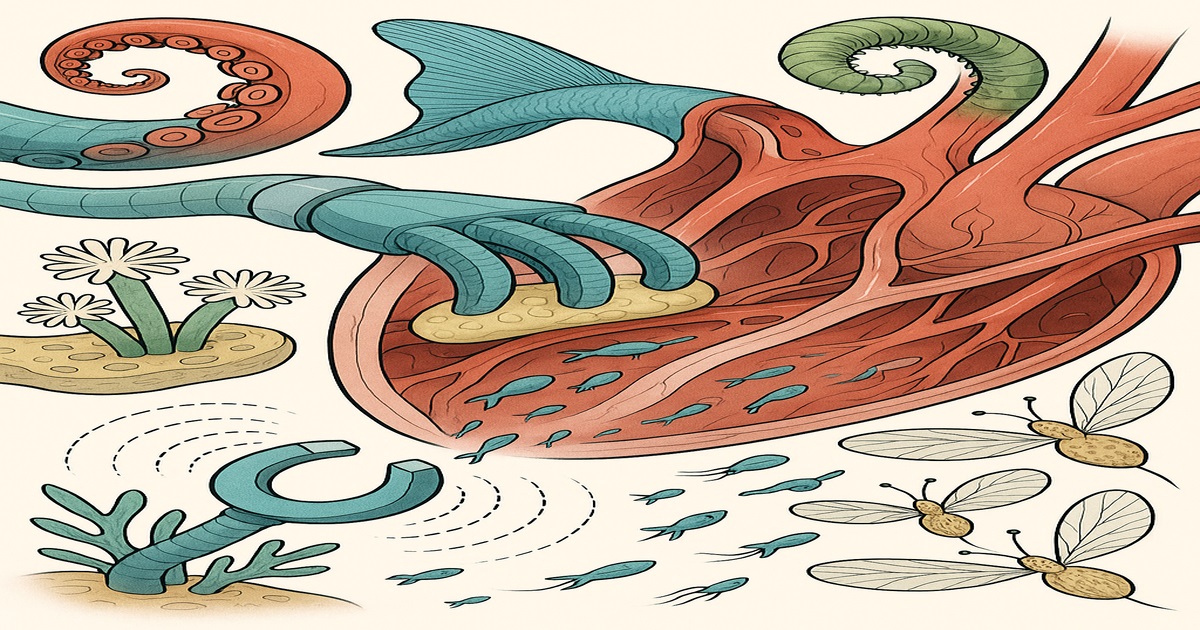- 3.3Impact Factor
- 7.7CiteScore
- 24 daysTime to First Decision
Nature-Inspired Medical Robotics: From Soft Machines to Magnetic Intelligence
This special issue belongs to the section “Medical Robotics and Service Robotics“.
Special Issue Information
Dear Colleagues,
Nature has always been a source of inspiration for robotics innovation, especially when it comes to designing next-generation medical systems that are safe, adaptive, and minimally invasive. The aim of this Special Issue is, therefore, to gather state-of-the-art research in nature-inspired medical robotics, with an emphasis on soft robotic systems, magnetically actuated devices, and biomimetic design strategies. We encourage submissions that investigate new materials, fabrication methods, actuation and control mechanisms, applications from targeted drug delivery, and minimally invasive diagnostics and smart navigation interventions in complex biological environments. By featuring interdisciplinary research bridging biology, materials science, and robotics, this Special Issue aims to push forward the frontiers of soft and magnetic intelligent robots in medicine; consequently, potential areas of interest include, but are not limited to, the following topics:
- The design and development of soft robotic systems for medical applications;
- Magnetic actuation techniques for soft robotics;
- Biomimetic approaches in medical robotics;
- Advanced materials for soft robots, including bio-compatible and stimuli-responsive materials;
- Innovative fabrication methods for soft and magnetic robots;
- Actuation and control strategies in complex biological environments;
- Targeted drug delivery systems using soft magnetic robots;
- Minimally invasive interventions using nature-inspired robots;
- Biomechanical modeling and simulation for soft and magnetic robots in medical contexts;
- Applications of robotic surgery, rehabilitation, and patient-specific medical devices;
- Interdisciplinary approaches combining biology, materials science, and robotics for medical innovation.
Dr. Mohammad Hasan Dad Ansari
Dr. Ajay Vikram Singh
Guest Editors
Manuscript Submission Information
Manuscripts should be submitted online at www.mdpi.com by registering and logging in to this website. Once you are registered, click here to go to the submission form. Manuscripts can be submitted until the deadline. All submissions that pass pre-check are peer-reviewed. Accepted papers will be published continuously in the journal (as soon as accepted) and will be listed together on the special issue website. Research articles, review articles as well as short communications are invited. For planned papers, a title and short abstract (about 250 words) can be sent to the Editorial Office for assessment.
Submitted manuscripts should not have been published previously, nor be under consideration for publication elsewhere (except conference proceedings papers). All manuscripts are thoroughly refereed through a single-blind peer-review process. A guide for authors and other relevant information for submission of manuscripts is available on the Instructions for Authors page. Robotics is an international peer-reviewed open access monthly journal published by MDPI.
Please visit the Instructions for Authors page before submitting a manuscript. The Article Processing Charge (APC) for publication in this open access journal is 1800 CHF (Swiss Francs). Submitted papers should be well formatted and use good English. Authors may use MDPI's English editing service prior to publication or during author revisions.
Keywords
- soft robotics
- magnetic actuation
- biomimetic robots
- medical applications
- nature-inspired design

Benefits of Publishing in a Special Issue
- Ease of navigation: Grouping papers by topic helps scholars navigate broad scope journals more efficiently.
- Greater discoverability: Special Issues support the reach and impact of scientific research. Articles in Special Issues are more discoverable and cited more frequently.
- Expansion of research network: Special Issues facilitate connections among authors, fostering scientific collaborations.
- External promotion: Articles in Special Issues are often promoted through the journal's social media, increasing their visibility.
- Reprint: MDPI Books provides the opportunity to republish successful Special Issues in book format, both online and in print.


